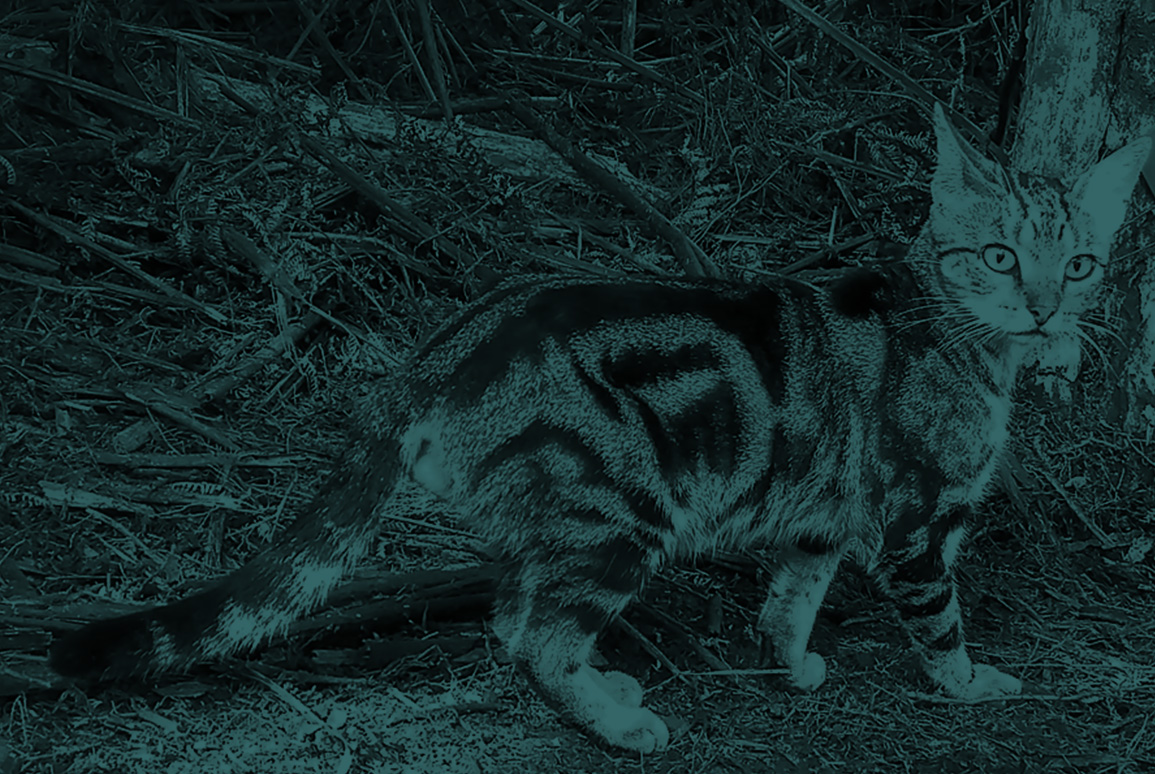Boffa Miskell's submission on the Predator Free 2050 Strategy Review
30 June 2025
Our submission focused on the proposed 2030 goals, as outlined in the Predator Free 2050 Strategy Review Discussion Document.

We acknowledged the effort that the Department of Conservation (DoC) had put into the Predator Free 2050 Strategy Review Discussion Document and the public consultation process. Our feedback responded to the proposed 2023 goals, focussing on those goals most relevant to the expertise and experience of Boffa Miskell biosecurity and ecology consultants. We noted that the feedback expressed by Boffa Miskell as a company does not necessarily reflect the views of our clients or project partners.
We are generally supportive of the ten proposed goals for 2030. Our submission focussed on recognising the need for reliable funding, resources, expert advice, training and partnership engagement with iwi/hapū, to achieve the objectives set out by PF2050 over the next five years.
The set of ten goals proposed for 2030 aim to increase community & iwi/hapū participation in predator control activities, continue existing work to improve biodiversity outcomes, add to the toolbox of effective eradication methods and develop a clear, evidence-based plan to achieve PF2050.
We suggested that additional goals to address project sustainability, regional PF2050 planning, and pathways for tools and technologies would be beneficial to advancing PF2050 between now and 2030.
In response to retaining the current National Target Species List, we encouraged the inclusion of feral cats and mice due to the serious threat they pose to biodiversity. We also believe there has been a shift in public attitude towards including feral cats over recent years which would support this inclusion.
Our feedback was coordinated by Dr Helen Nathan and prepared with input from the practitioners within Boffa Miskell who have worked with clients at all levels of the PF2050 system. These projects extend from advising grass-roots community groups through to working directly with PF2050 Ltd on issue of national strategy.
Technical Lead for Sciences, Dr Tanya Blakely reviewed the submission document.
“As practitioners involved in biosecurity initiatives at a range of scales and environments across Aotearoa New Zealand, we have first-hand knowledge and experience of the impact of invasive and predatory fauna and flora on our unique ecosystems.” says Tanya.
“Our practitioners hold registrations in their specific disciplines and represent their specialist expertise in decision-making forums such as hearings and the Environment Court. We work with many guiding documents, scientific literature, planning frameworks, and mentors; and the first-hand learnings from our own experiences to develop and implement pest animal and plant management plans, landscape-scale biosecurity strategies, risk assessments and operational delivery plans.
“Additionally, Boffa Miskell has extensive and enduring relationships and networks with Māori (iwi, hapū, whanau) government departments, local and regional councils, local and international research institutes, communities, and contractors.”
Biosecurity consultants and all Technical Leads reviewed the Submission document prior to it being sent to the Department of Conservation. The submission was signed by Boffa Miskell chief executive Kerry Gupwell, on behalf of the company.
Read the complete submission here.
For further information, please contact Dr Tanya Blakely, Marcus Girvan or Dr Helen Nathan


